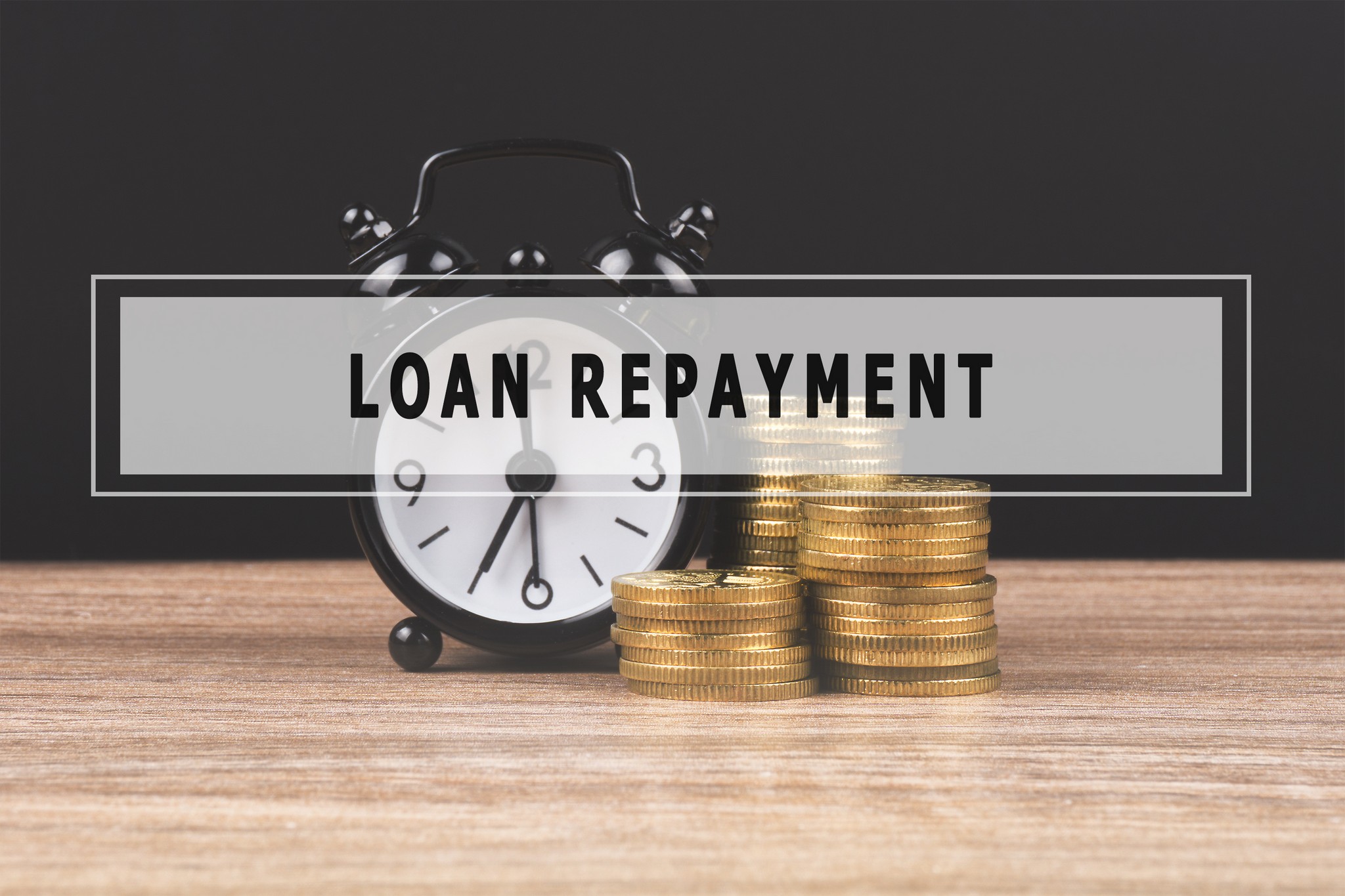Fear of missing out (FOMO) is your worst enemy as a buyer in today’s market, as it can quickly lead to many years of regret from the minute you unpack in the incorrect home, wondering, ‘What have I done?’
Isn’t it true that it’s easier said than done? However, we are going to discuss with you some of the consequences of falling into the FOMO trap and what you can do to prevent it.
- Commit to your checklist of must-haves.
Many are so eager to get into a home that they are bypassing all of their must-haves and bidding on properties they would otherwise pass over.
In a house, do not lose sight of what is important to you. Before making a choice, take a deep breath and inspect the property at least twice. On the second visit, the rose-coloured glasses usually come off, allowing you to examine the property and its surroundings realistically.
- Do not fall for the hype.
When you’re in the middle of things, it appears that values will only rise, and stock will continue to dwindle. Looking at prior hot market histories, we can observe that some potential vendors are inspired by outrageous sales results and decide to sell as they feel they will make a fortune.
This implies that more homes will come on the market, buyers will have more options, and they will be more likely to avoid those properties in the incorrect location with the expensive price tags. Clearance rates fall, the market cools, and buyers have less motivation to buy in a hurry. It’s better to wait than overcommit or make a wrong decision. When buying, maintain your cool.
- Pay attention to what is going on in the world
As previously stated, the housing market typically goes through a period of correction, but this is not normal given that we are currently in the midst of a pandemic. While we can’t anticipate the consequences of these programmes’ termination, one thing that will ultimately change is interest rates, so be careful to factor any interest rate increases into your future plans – after all, purchasing a home is a long-term commitment.
Seek expert advice from a mortgage broker before entering the housing market during these periods. We know how the market works and provide some degree of insight on how things can work out in the future.
A tip: Buy within your means. It has never been more vital to complete your finances and due research before making a commitment.
- Do your own research
It is better to remove the status of the market to some extent when buying, so best not to believe what the latest media reports are saying and instead focus on conducting your own study. Speak to real estate agents about recent deals or check out the sold section of real estate websites to get a sense of current prices. You should pursue hot, warm, or cold markets in the same manner: only buy a quality home that checks all of your boxes at a price you can afford.
Do your own investigation and do not believe everything you hear or read in the news.
- Get a second opinion
We have all heard stories about a friend of a friend ready to make an offer on a property that her spouse hadn’t even viewed.
The moral of the story is that two sets of eyes are better than one. Even better, seek a second opinion from someone who isn’t emotionally invested in the purchase, has buying expertise, and it not experiencing FOMO. A fresh perspective can make a lot of difference!
Buying a home is a lengthy process and expert help can always come in handy. We are licensed Financial Advisers who understand mortgages and property investments. Working with us leads to better outcomes across all areas of advice.










